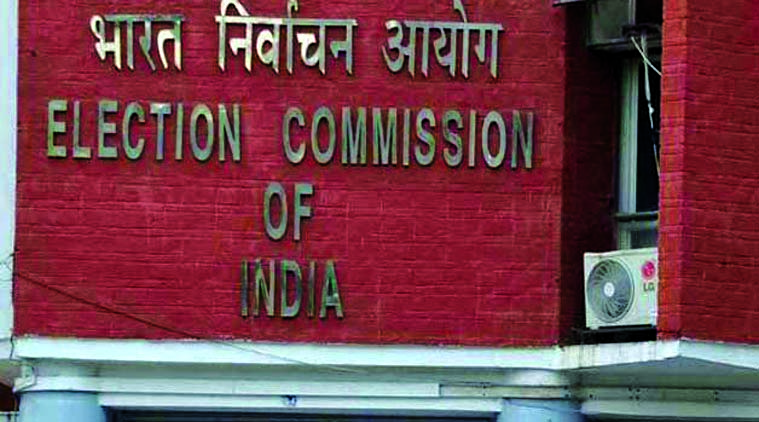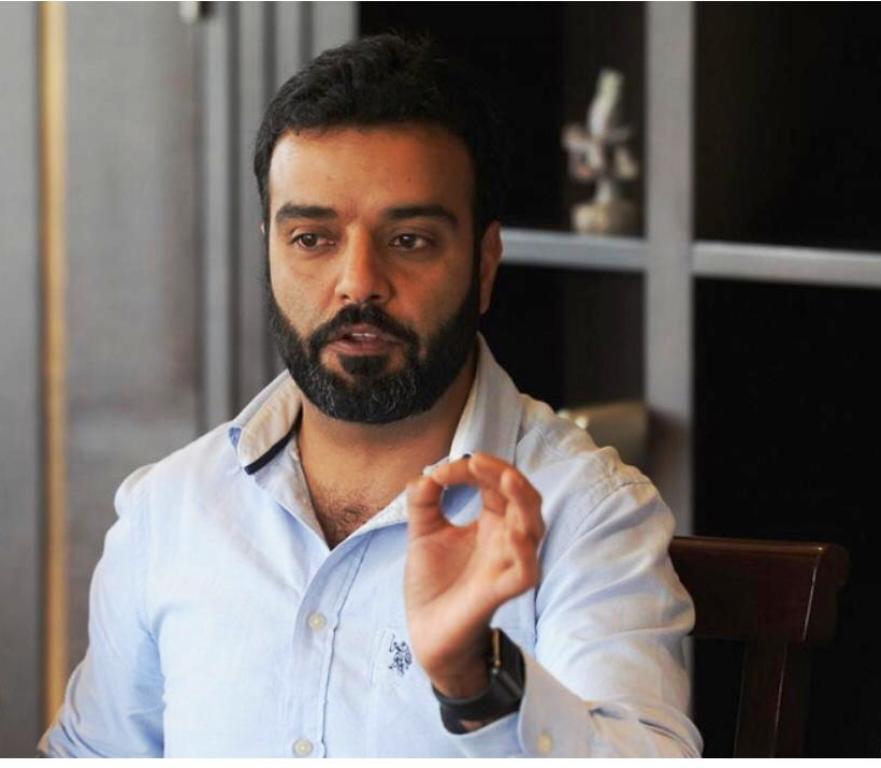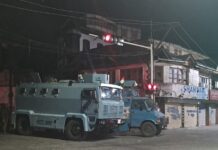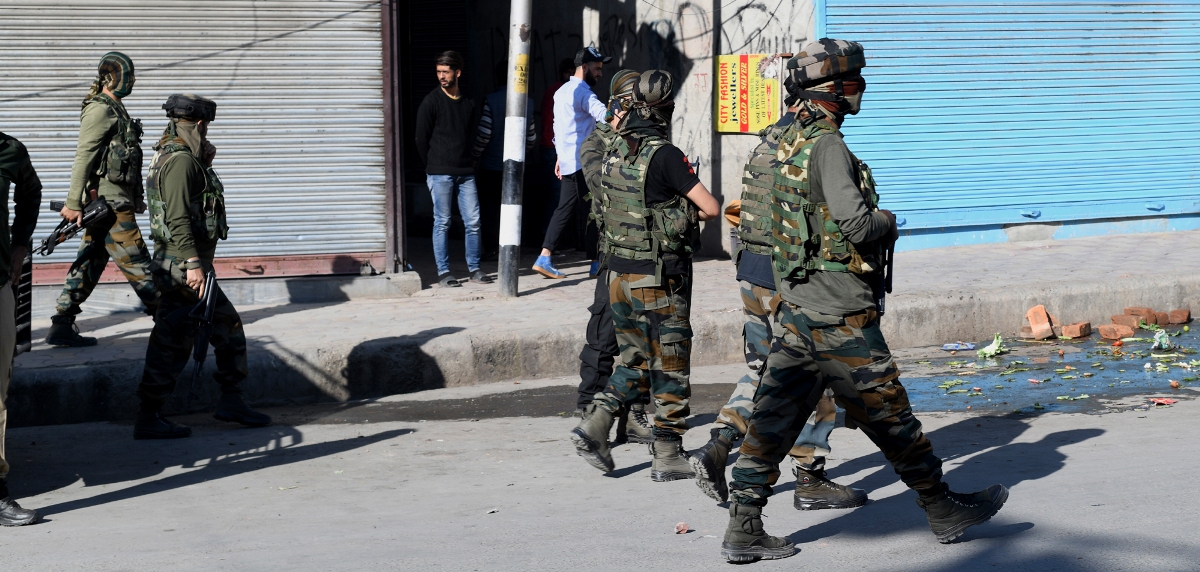SHAH ABBAS
SRINAGAR
PDP heavyweight Muzaffar Hussain Beig pooh-poohed ruling NC’s autonomy plank saying it was Sheikh Mohammad Abdullah who buried the last fig leaf of it in 1975. He was speaking on Panchayat Raj institutions (PRI) in the state legislative assembly, a debate that remain inconclusive on Monday.
 “It happened in July 1975 when the NC with Indian government implemented an amended Article 368 to J&K,” Beig said. “After that we could not attempt having a Sadr-e-Reyasat or a state prime minister.” That understanding, Beg said, was the surrender of rights of the state legislature to bring any amendment in the nomenclature of state governor and chief minister. He held Late Sheikh Mohammad Abdulla solely responsible for depriving the powers of state Legislature in 1975.
“It happened in July 1975 when the NC with Indian government implemented an amended Article 368 to J&K,” Beig said. “After that we could not attempt having a Sadr-e-Reyasat or a state prime minister.” That understanding, Beg said, was the surrender of rights of the state legislature to bring any amendment in the nomenclature of state governor and chief minister. He held Late Sheikh Mohammad Abdulla solely responsible for depriving the powers of state Legislature in 1975.
“Our powers came to an end when Late Sheikh Mohammad Abdullah entered an agreement with Late Indira Gandhi on 25 July 1975 because he surrendered every executive power of the state Legislature,” Beigh said and added, “otherwise we were able to have our Sader-e-Ryasat and Prime Minister”.
Beig was refereeing to the NC response that inducting 73rd amendment will hit the autonomy of the state. The amendment of the Indian constitution is gradually becoming a bone of contention between the coalition partners, NC and Congress. Now PDP is taking post-shots on both of them.
Making a strong case for incorporating the spirit of the 73rd amendment in the law that governs PRI in the state, Beig made a long speech that highlighted the grey areas in the implementation of the system. “Let it not be an appendage of the government,” Beig said, “Let it be what the law suggests.”
Under the law, Beig said block development councils (BDC) had to be completed in first two months but this government consumed two and half months in just notifying the names of Panches and Sarpanches and has moved to hold BDC elections one and a half year later in an atmosphere full of fear and scare. He also said that it is a clear index of the non seriousness of the government that they are not allowing Panchayats to become part of the democratic system. He said in clear violation of the law the state finance ministry lacks any provision for setting up the Panchayat fund in the state budget. This added to the crisis as the Finance Commission delayed releasing the due funds worth Rs 493 crore for want of completion of the three tier process.
“Helping having an elected Panch at the district development board would actually help you in the long term,” Beig suggested NC. “Right now this Board is an appendage of the government with a minister as its leader and if it is democratized it will help parties to manage their developmental priorities at gross root level independent of the government.” Beig even suggested that there are requirements for improving certain areas already envisaged in the law.
Former law minister said “PDP could not allow itself to become a party to the shadow boxing between congress and NC and would instead focus on institutional empowerment of Panchayats, as it is the gross root level instruments of change and development”.
He said that the government can pick up any one of the bills that have been submitted to the legislative assembly to bring amendments in states Panchayat Raj Act without getting into controversy over the 73rd Amendment to constitution of India.
Beig said “the insensitive and unwise handling of Panchayat elections and empowerment had made the village representatives vulnerable to mischief from any source. He said it was neither realistic nor wise to project Panchayat elections as people’s verdict on Kashmir issue. Unfortunately such hype was created by the government leaders from both ruling parties leading the unprotected members of Panchayats to become cannon fodder in the larger discourse over Jammu & Kashmir”.
Beig said “there was no point in raising fingers against each other for responsibility of targeting Panches and Sarpanches but there are many indicators that suggest political mischief beyond militancy”. Beig said and wondered in a lighter vein “whether Lashkar had now abandoned guns and resorted to stones”.
Beig said the failure of the coalition government to provide any funds in two successive budgets since last year for the purpose is a clear evidence for its mollified intentions. This, he said has resulted in understandable alienation of this new elected class from the community that had voted for them for addressing local developmental issues.
Referring to the insinuation about his association with a committee constituted under the Article 72 for determination of powers for the legislators Baig clarified that even though he was offered the Chairmanship of this committee he on the advice of Mufti Mohammed Sayeed declined it.
“Mufti Sahib said that this committee which was constituted last year would send a wrong signal about the empowerment of Panchayats and it would look that the legislators were engaging in a turf war with them,” he said.
“It is up to the state Legislature to increase, decrease or identify the powers of Panches and Sarpanches,” Beigh said. He added, “Panches and Sarpanches have been left as non-functional entities and it has done by all of us that is why I say that we all come in the circle of suspension”.
Beigh said, “It is the state Legislature which has to empower the Panches and Sarpanches and 73rd amendment is nothing to do with it”.
Communist leader Yousuf Tarigami while taking part in the discussion said, “It is the duty of state legislature to make security arrangements for Panches and Sarpanches which can be done by creating a particular environment”.
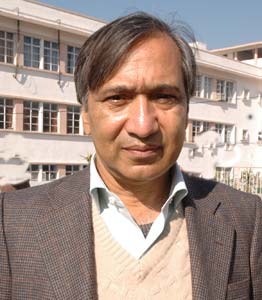 He asked, “I want to know what has been revealed in the investigation about the killers”. Tarigami said that elections of Panches and Sarpanches were held on non party basis but after the elections the whole democratic process was ruined because every party claimed the elected people. He said, “It is we who used them as commodities and we came in open market to sell them”. Tarigami said that Panches and Sarpanches are not the lawmakers and it is we who have to make laws which can empower them”.
He asked, “I want to know what has been revealed in the investigation about the killers”. Tarigami said that elections of Panches and Sarpanches were held on non party basis but after the elections the whole democratic process was ruined because every party claimed the elected people. He said, “It is we who used them as commodities and we came in open market to sell them”. Tarigami said that Panches and Sarpanches are not the lawmakers and it is we who have to make laws which can empower them”.
Tarigami also said, “We cannot accept the 73rd amendment in as it is, we have been given the sovereignty in the law making so we must use our legislative powers to protect and empower the Panches and Sarpanches”.


